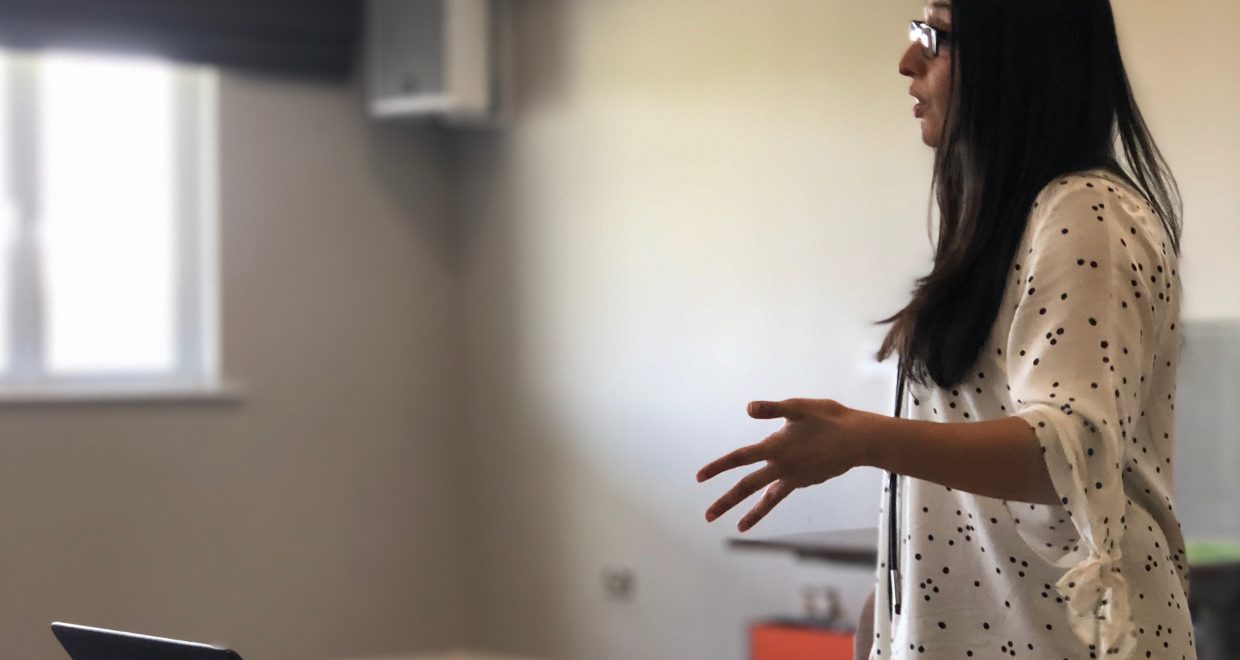Celebrating the Special Issue on Cultural Adaptations of CBT
One again I would like to thank Richard Thwaites (Editor-in-Chief of the Cognitive Behaviour Therapist) and Cambridge University Press for providing me with this opportunity to share some thoughts about the recent launch of the Special Issue of the Cognitive Behaviour Therapist (tCBT) on Cultural Adaptations.
You can read my original blog here.
The British Association for Behavioural and Cognitive Psychotherapies (BABCPs) Equality and Culture Special Interest Group had the privilege of launching the Special Issue in Manchester as part of their CPD event in January. Thank you to Joon and the team at Cambridge Press for producing the lovely booklets with abstracts of some of the articles. I think it is fair to say that Richard’s presentation generated important discussion about the need for the profession to support therapists to disseminate research to the CBT profession.
So what has the SI on Cultural adaptations added to our knowledge?
The initial articles published as part of the Special Issue talk about the need for service change and community outreach work to support transcultural cognitive behaviour therapy in Black and Minority Ethnic Communities. Other articles offer guidance on working with the Jewish orthodox community, how to work with vaginismus in Arab-Muslim patients, developing military cultural competence when working with veterans, working with asylum seekers and modifying CBT for social anxiety amongst culturally diverse clients.
The articles have proved to be very popular with readership reaching beyond Europe to different parts of the world such as India, Saudi Arabia, China, Japan, Turkey and the USA with some articles being read hundreds of times within the first few weeks! Andrew Beck’s article on understanding service user’s experience of racism has unsurprisingly been quite popular given the rise in hate crimes. It is important for our profession to be responsive to current events which may be impacting on people’s mental health.
The Special Issue goes a long way to help us to understand that we do not need to create brand new therapies and services for diverse communities, but need to take time to learn about each other and to develop flexibility with how we commission and deliver care in mental health services. There is another article Romilly, Meera and I wrote for the Special Issue to develop these ideas further which is currently in press.
There are many skilled and experienced therapists working in IAPT, for example, who have not typically been encouraged to write, so may lack confidence. There is a wide range of knowledge in IAPT that can contribute towards reducing inequalities in mental health services and improve care for all. I hope the Special Issue in Cultural Adaptations will inspire first time writers and novice writers like myself to contribute to the upcoming Special Issue on IAPT.
To compliment the launch of the upcoming IAPT BAME positive Practice Guide a few of us have been involved with updating alongside important stakeholders including service users, the SI will be free to access for a month. We hope to share more details of the launch of the guide soon, so do watch this space! Please use these articles alongside the IAPT BAME Positive Practice Guide to enrich your services and individual practices as well as promoting community cohesion. There are already enough divisions in society, we don’t need to create more in our mental health services.
I look forward to meeting you at various events throughout the year including the launch event of the IAPT BAME Positive Practice Guide and BABCPs conference in Bath (we have a special day planned for our Low Intensity colleagues!). We are also hoping to plan another CPD event on behalf of the Equality and Culture SIG.
If you are a BABCP member and would like to join our SIG, please email equality-sig@babcp.com.






